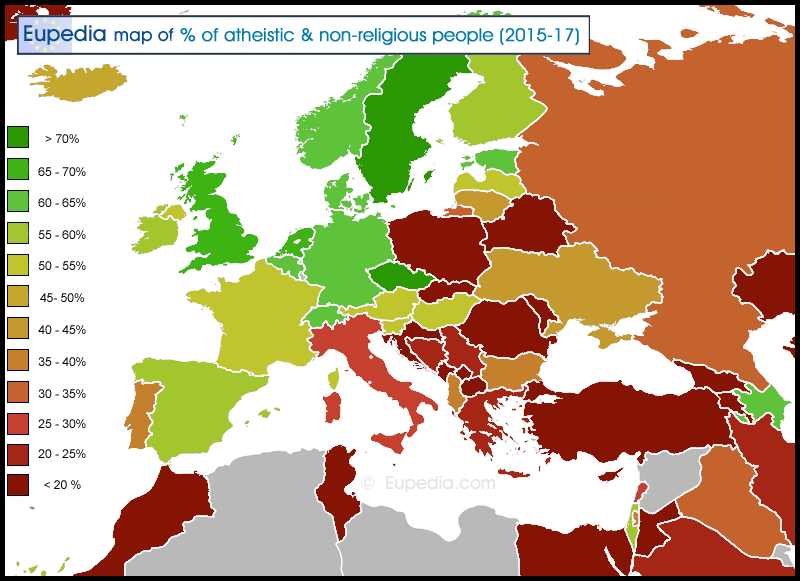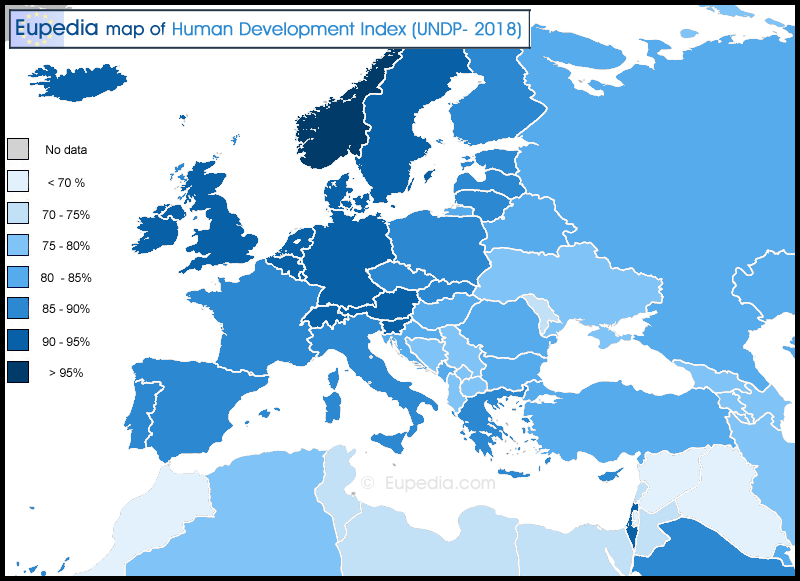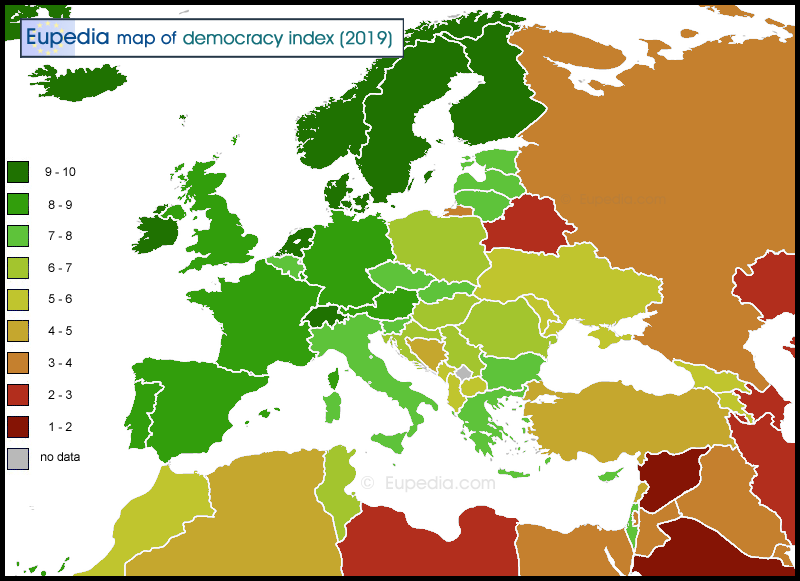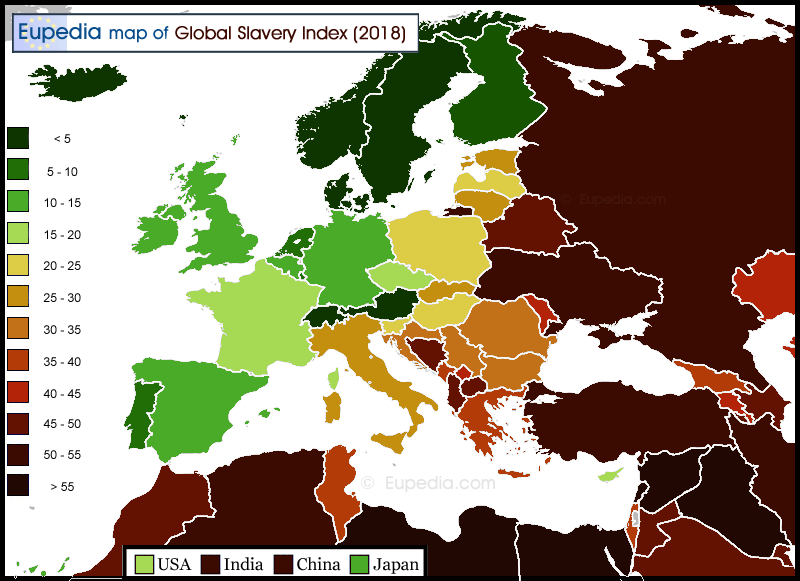When you think about it, one of the most fundamental requirement of any Christians is to eat human flesh and drink human blood, or at least the bread and wine that symbolise it. But the way it is written in the Bible is ambiguous and could be interpreted as the duty of all Christians to eat human flesh.
Jesus said: "I tell you the truth, unless you eat the flesh of the Son of Man and drink his blood, you cannot have eternal life within you."
Human flesh is said to resemble most pork. When Europeans first arrived in Hawaii, the cannibalistic Hawaiians called them the 'long pigs' as they tasted pretty much the same. Pigs and humans share many similarities beyond the taste of their flesh. They both can have pinkish or black skin. Both species are omnivorous and, while humans can eat pigs, the reverse is also true. It is one of the rare cases of two animal species that can eat one another.
Eating pork was prohibited in Judaism long before the birth of Jesus. In fact, it was already prohibited in ancient Syria and Phoenicia during the Late Bronze to Early Iron Age. As Jesus was a Jew himself one can wonder why pork was not banned from the Christian diet. Even the Muslims adopted the old Jewish ways in that regard.
The reason could be that it would cast doubt on the validity of the Christian Eucharist. It may not be obvious to 21st century Westerners because cannibalism is no longer culturally accepted as it was in most tribal or ancient societies. Cannibalism was not only common in Stone Age tribes, but even among metal age cultures. The Aztecs, a Copper Age culture, practiced a form of ritual cannibalism. The Austronesian and Melanesian people, who practiced cannibalism until recently (and still do in parts of Papua New Guinea), were/are Iron Age societies. Pliny the Elder explained that the Celts practiced ritual cannibalism, eating their enemies' flesh as a source of spiritual and physical strength. According to Herodotus, the Scythians regularly drank from cups made from the skulls of their enemies. Some Eastern European, like the aptly named Androphagi, were also man eaters. In fact ritual cannibalism was so widespread in tribal societies that it is hard to believe that the very concept of Eucharist wasn't itself a variant of ritual cannibalism, but in a more purified form more suitable to a monotheistic religion.
In all cases it seems that the rituals involve the passing of the deceased people's power or energy to the people who consume their flesh. A similar belief is found among many hunter-gathering tribes, in which the hunters will eat their prey's heart to absorb its strength. This tradition was found among many Native American tribes from the Great Plains and among several African tribes. It is likely that most humans had similar practices during the Palaeolithic.
It has been suggested that one of the reasons why pork was prohibited so early in the Levant was the similarity of swine meat with that of human flesh and the inevitable link with cannibalism. Other reasons were that pigs are scavengers and will eat almost anything, including human corpses - a relatively common sight in ancient times when wars and epidemics frequently left plenty of dead, unburied people to be eaten by scavengers.
By reviving a form of ritualistic cannibalism ("eat the flesh of the Son of Man and drink his blood"), early Christians may have felt it safer to lift the taboo on pork consumption, lest the association with cannibalism put the whole concept of Eucharist in jeopardy. Once again, it may sounds incredible to modern minds, but not if you try to think like Iron Age people, at an age when cannibalism was still common in other nearby societies (e.g. the Galatians in central Anatolia or some Steppe tribes).
The question I wanted to raise here is: Why is cannibalism so glorified by Christianity? Do Christians hope to obtain their god's power by reproducing a ritual in which they supposedly eat Jesus's body? Is it basically the same thing as our Stone Age hunter hoping to get the power of the freshly killed animal by eating its heart, but orders of magnitude larger, as Christians hope to enter communion with an omnipotent god and obtain eternal life? If so, that shows how little the human mind has evolved in the last 30,000 years or so. People just got more megalomaniac over time as small tribes of hunter-gatherers evolved into cities, kingdoms and empires, and humans asserted their dominance over Nature, believing that they were gods or that god(s) looked like them.
Jesus said: "I tell you the truth, unless you eat the flesh of the Son of Man and drink his blood, you cannot have eternal life within you."
Human flesh is said to resemble most pork. When Europeans first arrived in Hawaii, the cannibalistic Hawaiians called them the 'long pigs' as they tasted pretty much the same. Pigs and humans share many similarities beyond the taste of their flesh. They both can have pinkish or black skin. Both species are omnivorous and, while humans can eat pigs, the reverse is also true. It is one of the rare cases of two animal species that can eat one another.
Eating pork was prohibited in Judaism long before the birth of Jesus. In fact, it was already prohibited in ancient Syria and Phoenicia during the Late Bronze to Early Iron Age. As Jesus was a Jew himself one can wonder why pork was not banned from the Christian diet. Even the Muslims adopted the old Jewish ways in that regard.
The reason could be that it would cast doubt on the validity of the Christian Eucharist. It may not be obvious to 21st century Westerners because cannibalism is no longer culturally accepted as it was in most tribal or ancient societies. Cannibalism was not only common in Stone Age tribes, but even among metal age cultures. The Aztecs, a Copper Age culture, practiced a form of ritual cannibalism. The Austronesian and Melanesian people, who practiced cannibalism until recently (and still do in parts of Papua New Guinea), were/are Iron Age societies. Pliny the Elder explained that the Celts practiced ritual cannibalism, eating their enemies' flesh as a source of spiritual and physical strength. According to Herodotus, the Scythians regularly drank from cups made from the skulls of their enemies. Some Eastern European, like the aptly named Androphagi, were also man eaters. In fact ritual cannibalism was so widespread in tribal societies that it is hard to believe that the very concept of Eucharist wasn't itself a variant of ritual cannibalism, but in a more purified form more suitable to a monotheistic religion.
In all cases it seems that the rituals involve the passing of the deceased people's power or energy to the people who consume their flesh. A similar belief is found among many hunter-gathering tribes, in which the hunters will eat their prey's heart to absorb its strength. This tradition was found among many Native American tribes from the Great Plains and among several African tribes. It is likely that most humans had similar practices during the Palaeolithic.
It has been suggested that one of the reasons why pork was prohibited so early in the Levant was the similarity of swine meat with that of human flesh and the inevitable link with cannibalism. Other reasons were that pigs are scavengers and will eat almost anything, including human corpses - a relatively common sight in ancient times when wars and epidemics frequently left plenty of dead, unburied people to be eaten by scavengers.
By reviving a form of ritualistic cannibalism ("eat the flesh of the Son of Man and drink his blood"), early Christians may have felt it safer to lift the taboo on pork consumption, lest the association with cannibalism put the whole concept of Eucharist in jeopardy. Once again, it may sounds incredible to modern minds, but not if you try to think like Iron Age people, at an age when cannibalism was still common in other nearby societies (e.g. the Galatians in central Anatolia or some Steppe tribes).
The question I wanted to raise here is: Why is cannibalism so glorified by Christianity? Do Christians hope to obtain their god's power by reproducing a ritual in which they supposedly eat Jesus's body? Is it basically the same thing as our Stone Age hunter hoping to get the power of the freshly killed animal by eating its heart, but orders of magnitude larger, as Christians hope to enter communion with an omnipotent god and obtain eternal life? If so, that shows how little the human mind has evolved in the last 30,000 years or so. People just got more megalomaniac over time as small tribes of hunter-gatherers evolved into cities, kingdoms and empires, and humans asserted their dominance over Nature, believing that they were gods or that god(s) looked like them.






